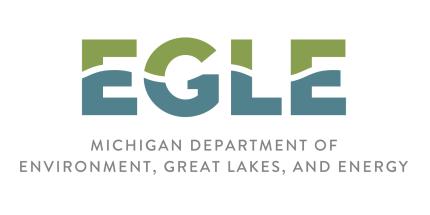This pilot project addresses the interconnection between two challenges: the harm caused by the climate crisis and the fact that low-income congregations, because of inequity, are unable to pay for the achievement of energy efficiency for their buildings. The climate crisis requires the reduction of greenhouse gas emissions. That reduction includes any burning of fossil fuels that provides public buildings, including houses of worship with electricity, heating and cooling.
One important way to reduce greenhouse gases is to make public buildings more energy efficient. Another is to encourage the use of renewable energy, like solar, wind and geothermal. Low-income houses of worship and low-income families are not able, on their own, to afford the installation of energy efficient measures. Low-income people in the US are also those who confront the climate crisis first and foremost. They do so at the same time they experience inequitably environmental degradation which often confronts them where they live and work. This pilot project will provide both energy efficiency and renewable energy to the houses of worship where low-income people live. Local low-income community families and congregation members will have new education and awareness about energy efficiency and renewable energy. This effort will provide one model for providing these products in the state Michigan.
This will serve to make Michigan houses of worship more resilient and support the whole community in times of need.







